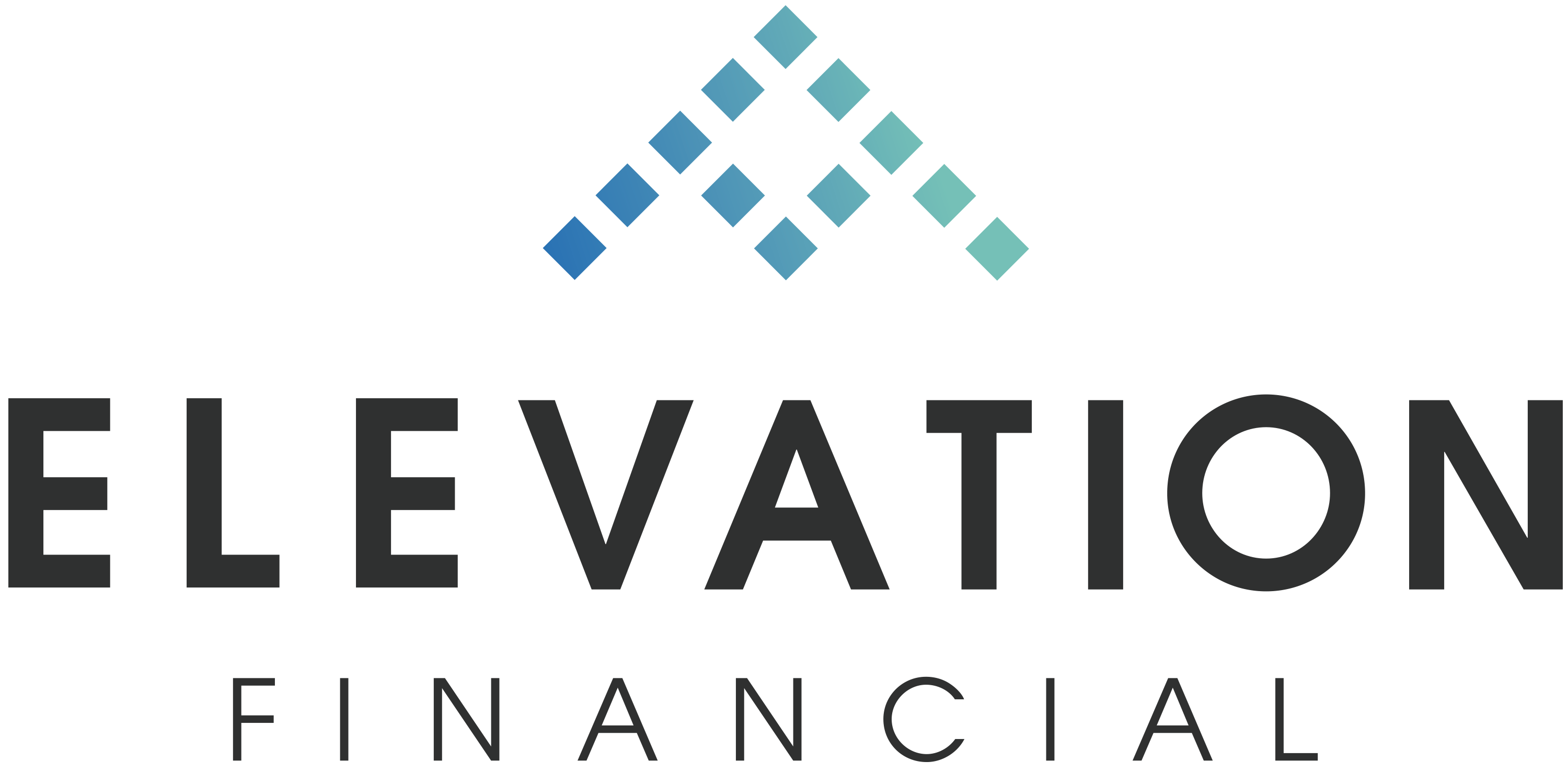
Share this Post
Subscribe

Need help with your money or investments? Book a consultation to learn more about working together.
The Cash Balance Plan – A Powerful Tax Savings Tool for Solo Business Owners
[Prefer to listen? You can find a podcast version of this article here: E233: The Cash Balance Plan – A Powerful Tax Savings Tool for Solo Business Owners]
As a solo business owner, you're probably looking for ways to maximize your tax savings and secure your financial future. One powerful tool that can help you achieve both goals is the cash balance plan.
This unique retirement savings vehicle combines the high contribution limits of a traditional defined benefit plan with the flexibility and portability of a 401(k), making it an attractive option for self-employed individuals and small business owners.
At its core, a cash balance plan is a type of pension plan that allows you to set aside a significant portion of your income on a tax-deferred basis. Unlike other retirement plans, such as SEP IRAs or Solo 401(k)s, cash balance plans offer much higher contribution limits depending on your age and income. This means you can potentially save more for retirement while also reducing your current tax liability.
Setting up a cash balance plan does require some upfront planning and professional assistance, as you'll need to work with an actuary to determine your optimal contribution levels and investment strategy. However, the potential tax savings and long-term financial benefits can far outweigh the initial setup costs and ongoing maintenance expenses.
Advantages and Tax Benefits of the Cash Balance Plan
One of the most significant advantages of a cash balance plan is its high contribution limits. Compared to other popular retirement plans like SEP IRAs or Solo 401(k)s, cash balance plans allow for much larger annual contributions.
Depending on your age and income, you may be able to contribute well over $100,000 per year to your cash balance plan. This is particularly beneficial for high-earning solo business owners who want to maximize their retirement savings while minimizing their current tax liability.
Another key benefit of a cash balance plan is the tax-deferred growth of your investments. The contributions you make to your plan are made on a pre-tax basis, meaning they reduce your taxable income for the year.
Additionally, the investment earnings within your cash balance plan grow tax-deferred, so you won't pay taxes on those gains until you withdraw the funds in retirement. This tax-deferred growth can significantly boost your retirement savings over time, as your money can compound without being subject to taxes on capital gains or dividends along the way.
The combination of high contribution limits and tax-deferred growth makes cash balance plans a powerful tool for tax savings. By contributing a large portion of your income to your plan each year, you can significantly reduce your taxable income and, consequently, your tax bill.
This can be especially advantageous for solo business owners in high tax brackets, as the tax savings can be substantial. Moreover, when you withdraw the funds in retirement, you may be in a lower tax bracket, which means you may pay less in taxes on those distributions.
To be eligible for a cash balance plan, you must be self-employed or own a business. This makes it an ideal option for solo practitioners across various industries, such as medical professionals, attorneys, consultants, and freelancers.
High-earning solo business owners generally benefit the most from a cash balance plan, as they can make larger contributions and potentially realize greater tax savings. However, even solo business owners with more moderate incomes can take advantage of the benefits offered by a cash balance plan.
It's important to note that cash balance plans do require consistent funding, as you'll need to make substantial contributions each year to maintain the plan. This can be a significant financial commitment, but for many solo business owners, the tax savings and long-term retirement benefits outweigh the costs.
Additionally, cash balance plans offer some flexibility in contribution levels, allowing you to adjust your contributions based on your business's profitability and cash flow from year to year.
Setting Up a Cash Balance Plan for a Solo Business
Setting up a cash balance plan for your solo business involves several key steps to ensure the plan is tailored to your specific needs and goals. The first step is to work with an experienced actuary who specializes in cash balance plans. This is often referred to as a "Third-party Administrator" or "TPA" for short.
The TPA will help you determine the optimal contribution levels based on your age, income, and retirement objectives. They will also assist in designing the plan document, which outlines the specific terms and provisions of your cash balance plan, including the formula for calculating benefits and the interest crediting rate.
With the plan design and administration in place, you'll need to decide on your investment strategy. The money held in cash balance plans can be held at most investment custodians. The account type is usually called a "retirement trust," although it could be called something else depending on the custodian.
This means you can generally invest in a range of options, including mutual funds, exchange-traded funds (ETFs), and individual stocks and bonds. In general, cash balance plans target a conservative rate of return, usually 4% to 5% annually. This means that your investment portfolio will usually be fairly conservative.
Because of the conservative return targeted by cash balance plans, it's often useful to think of these plans more as a tax shelter than an investment. The good news is that once you close the cash balance plan, you can roll the balance into another retirement plan like an IRA, where it can be invested more aggressively (if appropriate).
Funding your cash balance plan is another critical aspect of the setup process. As mentioned earlier, cash balance plans require consistent, substantial contributions to maintain the plan's integrity.
The specific contribution levels will be determined by the actuary based on the plan's design and your individual circumstances. Solo business owners must be prepared to make these contributions each year. Failure to make the required contributions can result in penalties and jeopardize the plan's qualified status.
A cash balance plan can also be active in tandem with a Solo 401(k), which gives you even more flexibility for retirement funding and tax savings.
Addressing Misconceptions about Cash Balance Plans
Some common misconceptions may deter individuals from exploring cash balance plans. One of the most prevalent misconceptions is that cash balance plans are too complex for small businesses or solo practitioners to manage effectively.
While cash balance plans have more moving parts than simpler retirement plans like SEP IRAs or Solo 401(k)s, working with experienced professionals can help streamline the process and ensure the plan runs smoothly.
Another misconception is that cash balance plans are too expensive for solo business owners to maintain. While there are costs associated with setting up and administering a cash balance plan, such as actuary fees and other administration costs, these expenses are often outweighed by the potential tax savings and long-term retirement benefits.
Moreover, many solo business owners find that the costs of maintaining a cash balance plan are manageable when viewed as a percentage of the total contributions and tax savings.
It's important to acknowledge that cash balance plans do have some potential drawbacks that solo business owners should consider before establishing a plan. One of the most significant requirements is the need for consistent, substantial funding.
Unlike some other retirement plans that allow for more flexibility in contribution levels, cash balance plans require annual contributions based on the plan's design and the participant's age and income. This can be a challenge for businesses with fluctuating cash flow or profitability, as failing to make the required contributions can result in penalties and jeopardize the plan's qualified status.
Another potential drawback is the need for ongoing professional assistance in plan administration and compliance. Cash balance plans are subject to complex tax laws and regulations, and ensuring the plan remains compliant requires expertise and attention to detail.
While working with a knowledgeable third-party administrator can help mitigate this burden, solo business owners must be prepared to stay engaged in the plan's management and work closely with their chosen professionals to ensure the plan remains on track.
Ultimately, while cash balance plans may not be the right fit for every solo business owner, they can be a powerful tool for those who are committed to maximizing their retirement savings and minimizing their tax liability.
Conclusion and Guidance
The cash balance plan is a powerful retirement savings vehicle that offers significant tax benefits and high contribution limits for solo business owners. By combining the features of traditional defined benefit plans and 401(k)s, cash balance plans provide a unique opportunity for self-employed individuals and small business owners to maximize their retirement savings while minimizing their current tax liability.
Before establishing a cash balance plan, it's generally a good idea to consult with an experienced financial advisor who can help you navigate the complexities of plan design, administration, and compliance.
An actuary can help you determine the optimal contribution levels and plan structure based on your unique circumstances, while a financial advisor can assist in developing an investment strategy that aligns with your goals and risk tolerance. Working with these professionals can help ensure your plan remains compliant with relevant tax laws and regulations, minimizing the risk of penalties and protecting your retirement savings.
Ultimately, establishing a cash balance plan should be part of a comprehensive retirement planning strategy that considers your long-term financial objectives, tax situation, and business goals.
By working closely with trusted professionals and staying engaged in the plan's management, solo business owners can leverage the power of cash balance plans to build a secure financial future while enjoying significant tax benefits along the way.
